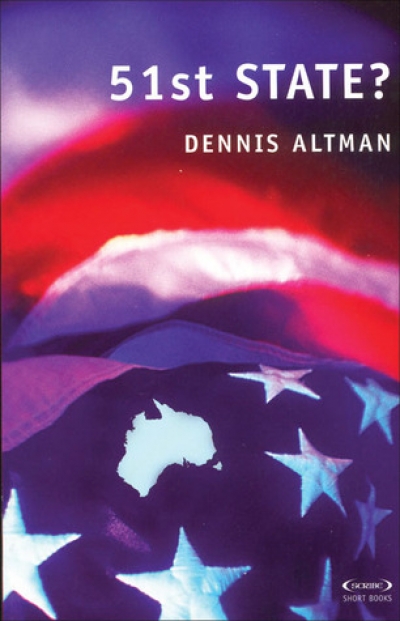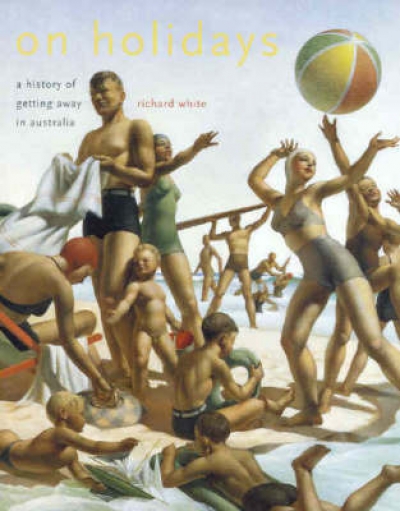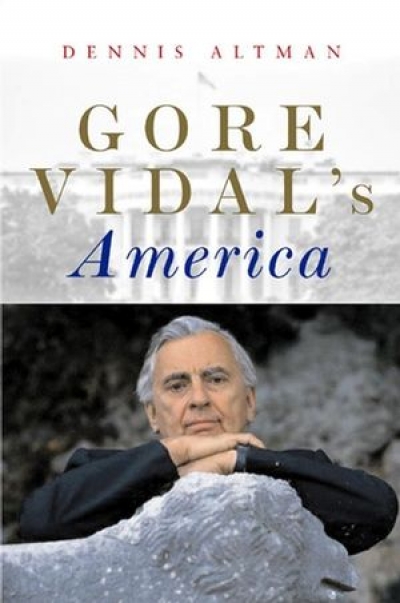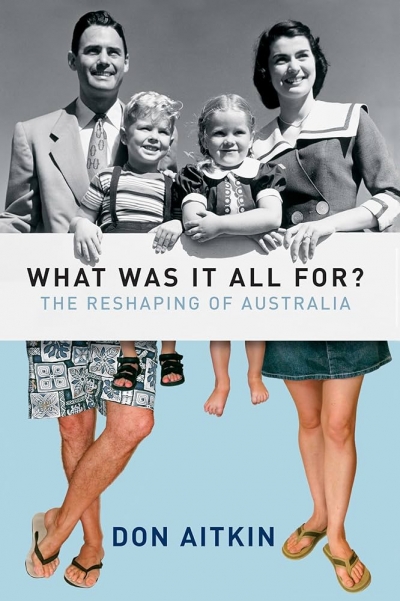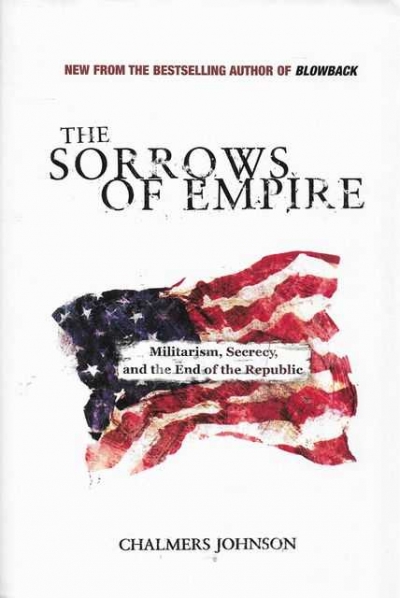Dennis Altman
Dennis Altman
In any given year we will read but a tiny handful of potential ‘best books’, so this is no more than a personal selection. Here are two novels that stand out: Stephen Eldred-Grigg’s Shanghai Boy (Vintage) and Hari Kunzru’s Tranmission (Penguin). Both speak of the confusion of identity and emotions caused by rapid displacement across the world. The first is the account of a middle-aged New Zealand teacher who falls disastrously in love while teaching in Shanghai. Transmission takes a naïve young Indian computer programmer to the United States, with remarkable consequences. From a number of political books, let me select two, both from my own publisher, Scribe, which offers, I regret, no kickbacks. One is George Megalogenis’s The Longest Decade; the other, James Carroll’s House of War. Together they provide a depressing but challenging backdrop to understanding the current impasse of the Bush–Howard administrations in Iraq.
... (read more)On Holidays by Richard White & The Cities Book by Lonely Planet
What Was It All For? by Don Aitken & Australia Fair by Hugh Stretton
ABR welcomes letters from our readers. Correspondents should note that letters may be edited. Letters and e-mails must reach us by the middle of the current month, and must include a telephone number for verification.
... (read more)Books Alive
Dear Editor,
Jeremy Fisher criticises the 2005 Books Alive campaign (Letters, ABR September 2005) for failing to do things it was not set up to do, and then acknowledges that it does the things it was set up to do extremely well. Fisher says: ‘The ASA has no issue with increasing the sales of Australian books. But that no longer appears to be the focus of Books Alive. Books Alive had the potential to be a unique opportunity to promote Australian literary culture. It has mutated into “an Australian Government initiative that aims to encourage all Australians to experience the joys of reading”.’
... (read more)To celebrate the best books of 2004 Australian Book Review invited contributors to nominate their favourite titles. Contributors included Dennis Altman, Brenda Niall, Kerryn Goldsworthy, Morag Fraser and Chris Wallace-Crabbe.
... (read more)
